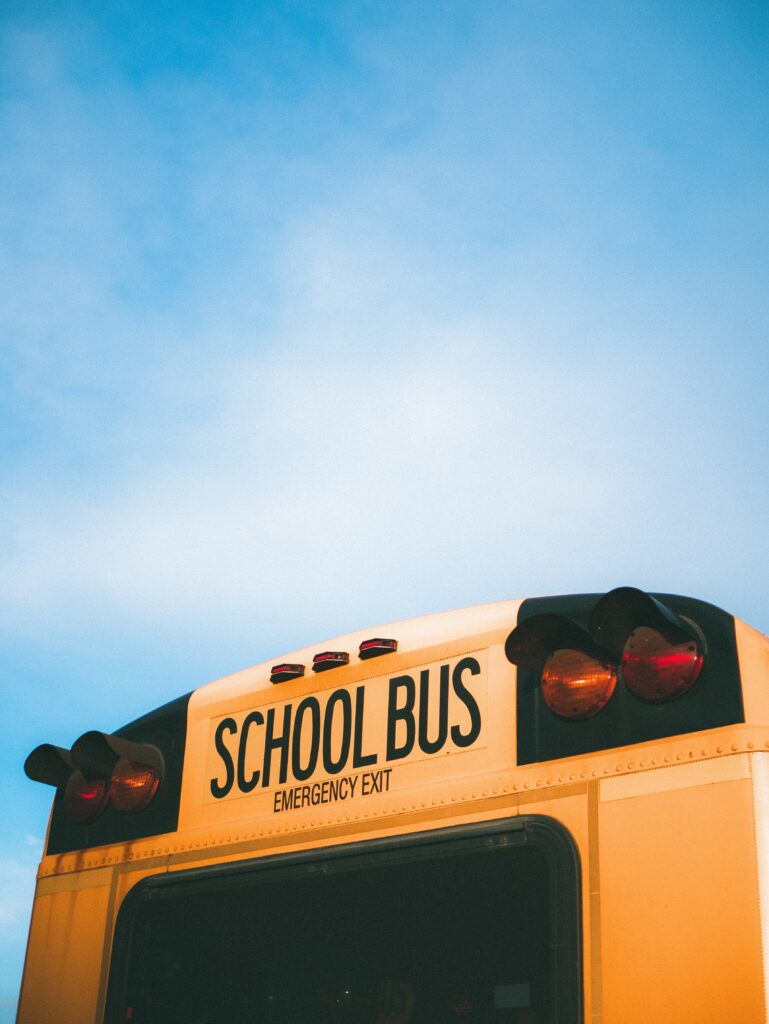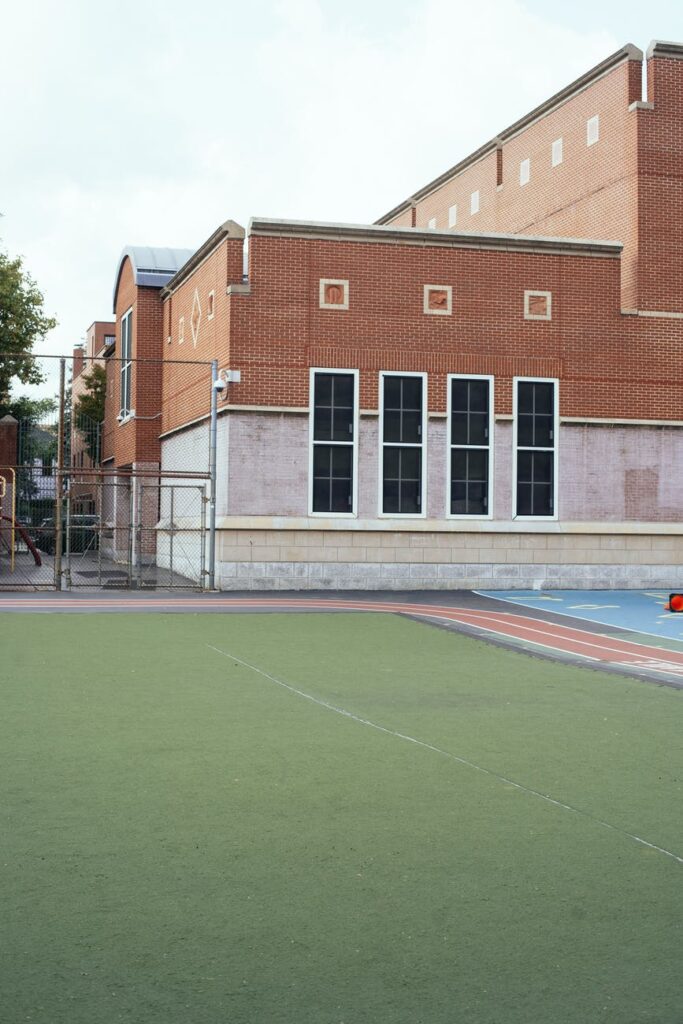The Trump Administration is using the current government shutdown as an opportunity to take a sledgehammer to the Department of Education – and to end key enforcement activities that protect kids in public schools.
During this tumultuous year at the U.S. Department of Education that saw about half of the 4,133 employees leave due to layoffs, buyouts and early retirements, the staff at the Office of Special Education Programs stayed mostly stable.
That changed on Friday, however, when the Trump administration issued reduction-in-force notices across the federal government, including at the Education Department. Court filings show that 466 employees at the Education Department were impacted and several special education association leaders say most of the OSEP staff was laid off.
Raising Concerns
NASDSE said it was “confused and concerned” by the staffing changes, adding that the Education Department under the Trump administration has repeatedly said it supports federal funding and implementation of the Individuals with Disabilities Education Act and special education for children with disabilities.
“These RIFs, if true, will make it impossible for the Department to fulfill those responsibilities,” the NASDSE statement said. “There is significant risk that not only will Federal funding lapse, but children with disabilities will be deprived” of a free, appropriate public education.







